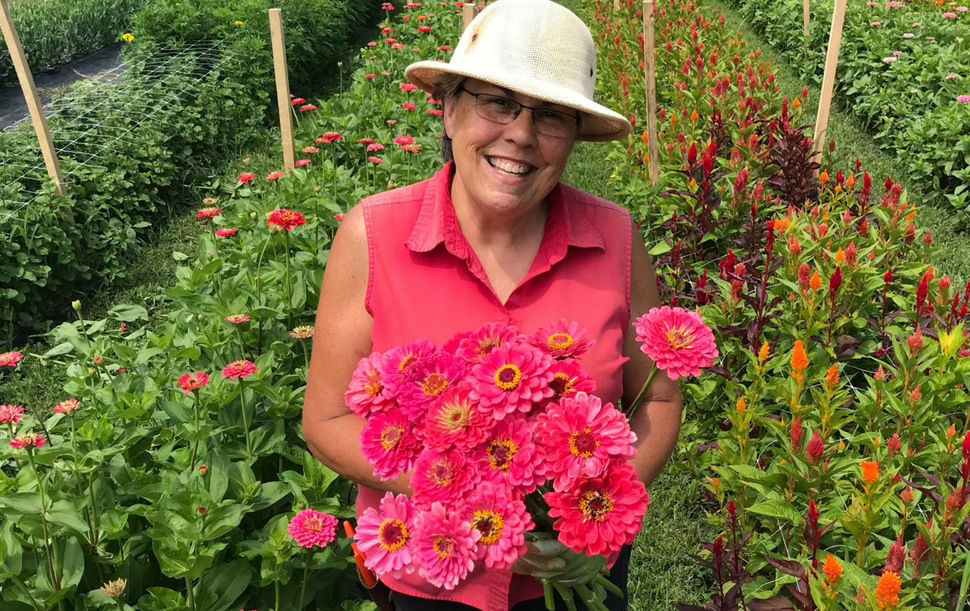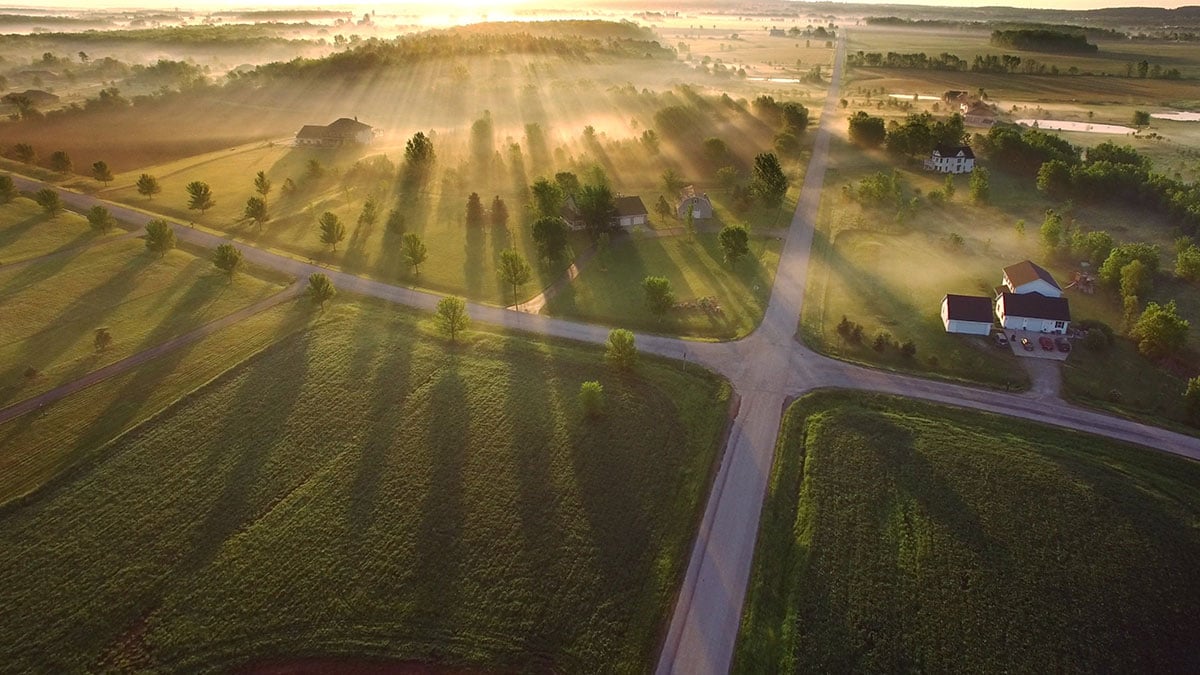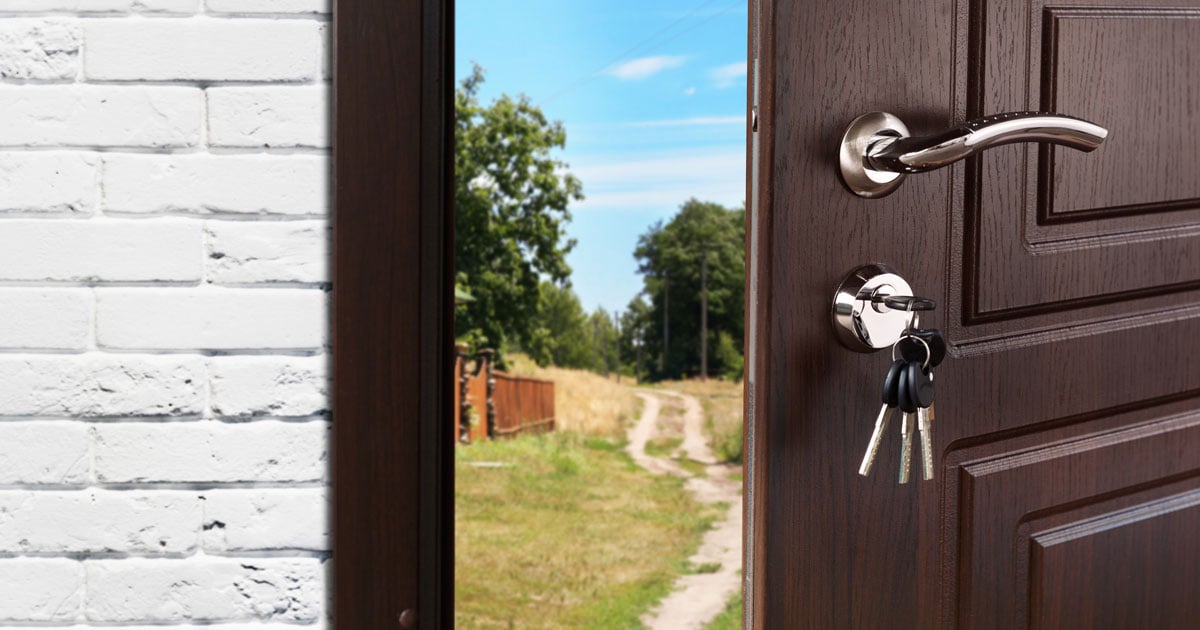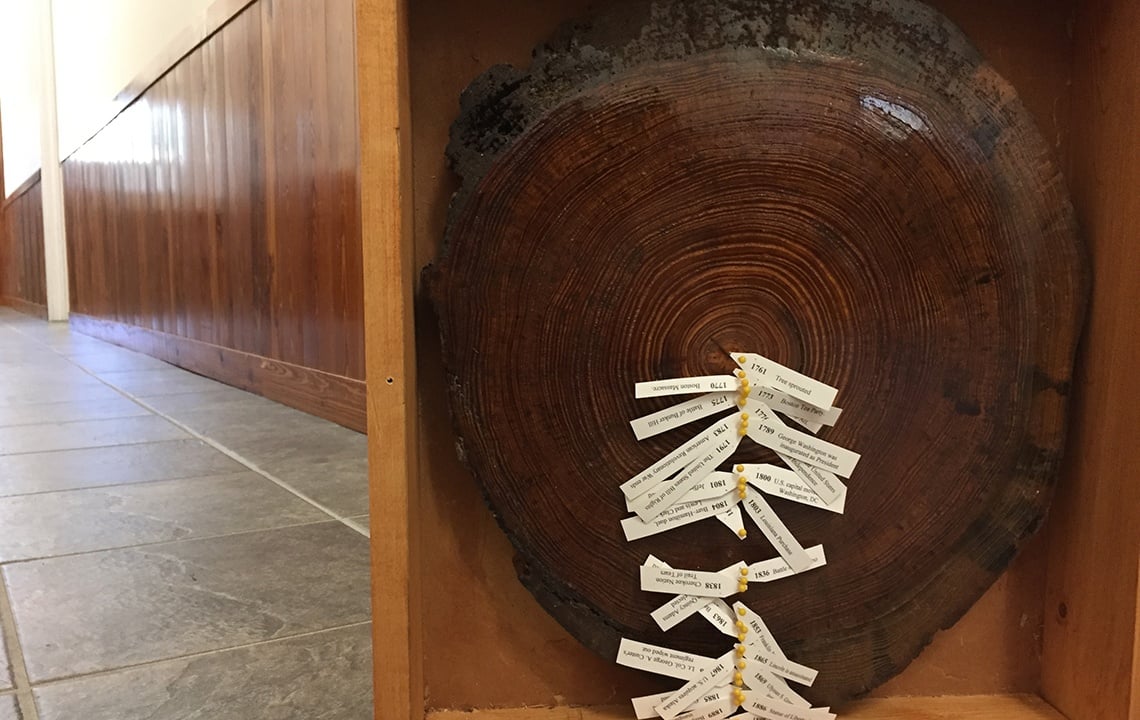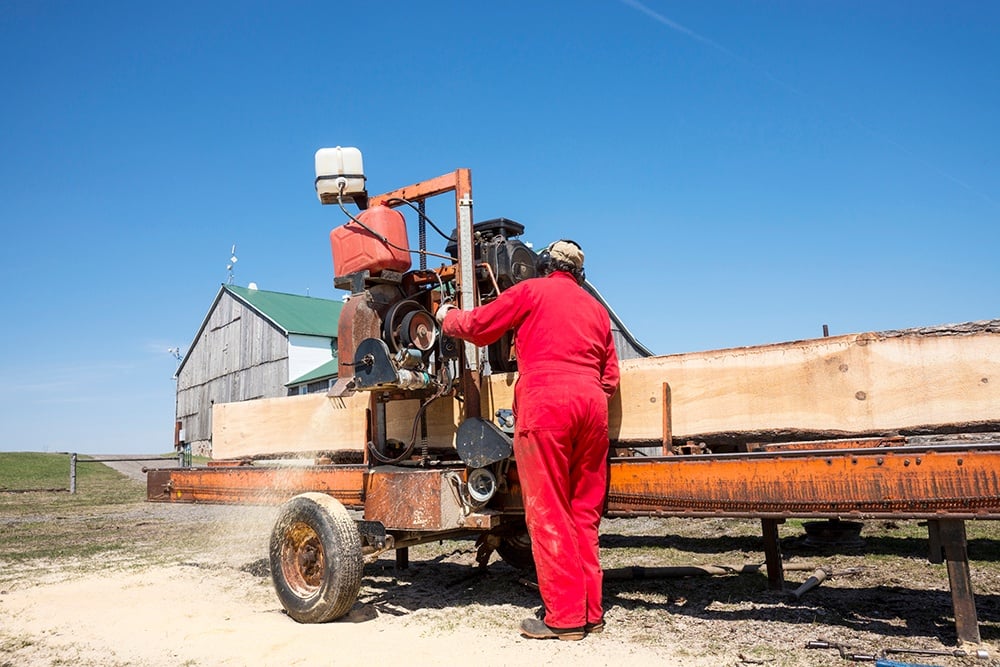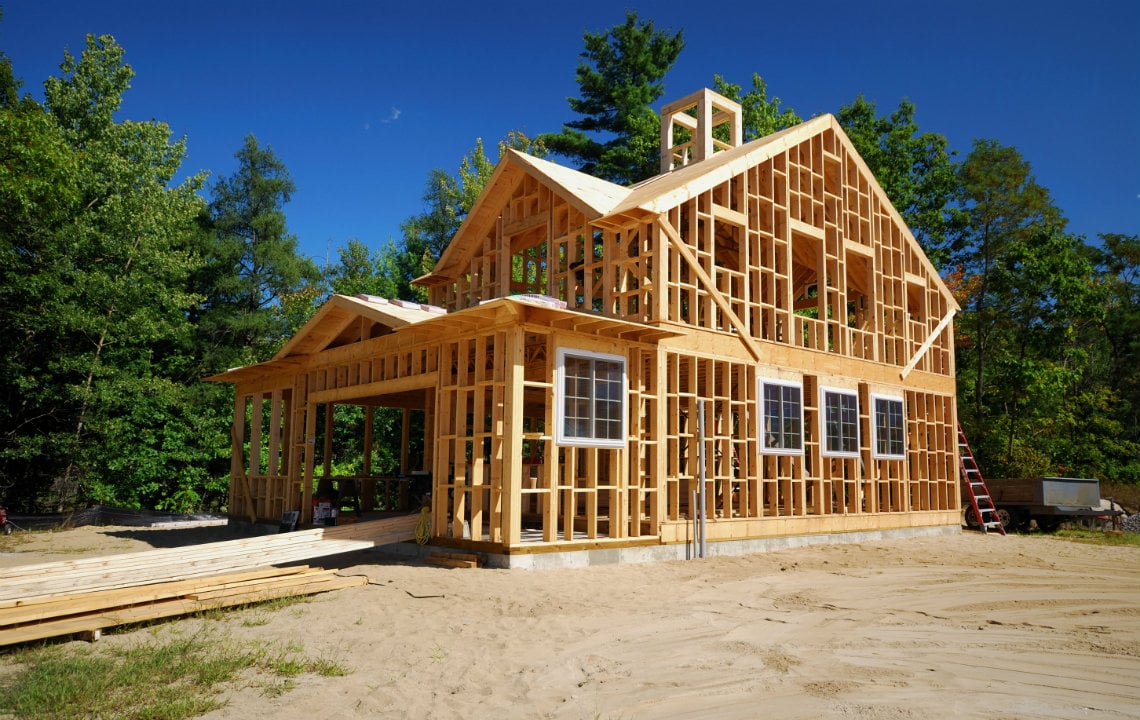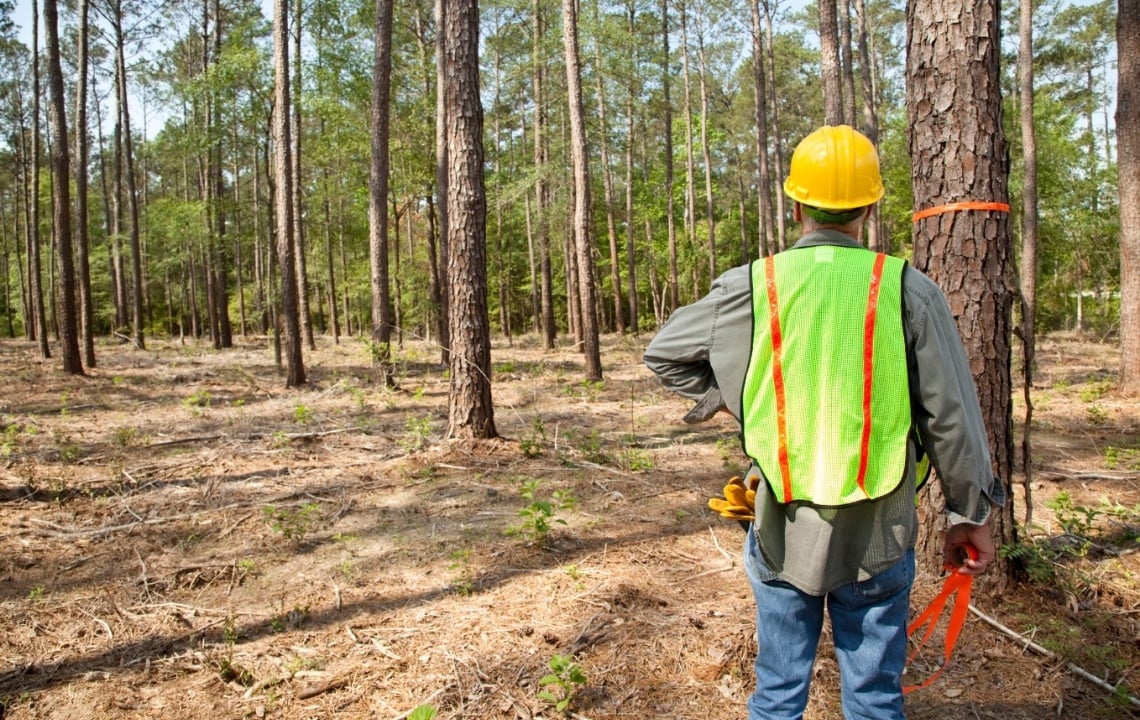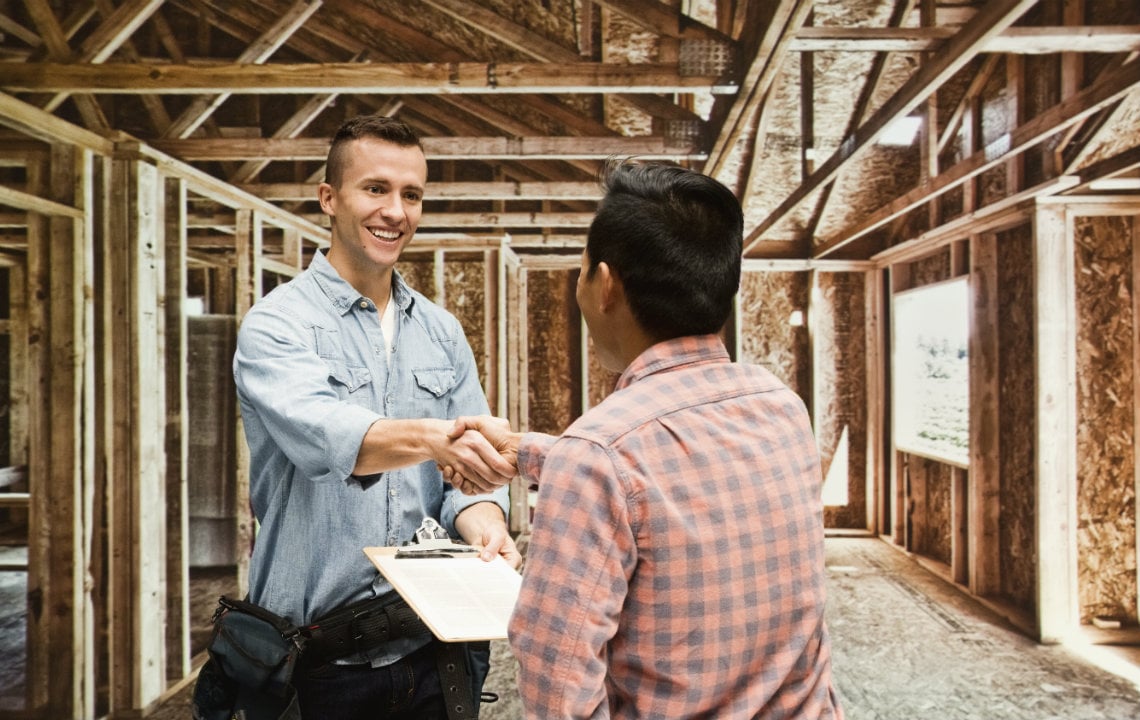You want to move to the country, but will your medical care suffer, or will rural doctors measure up to city doctors? Rethink:Rural asks an expert.
The perks of living in the country are virtually innumerable. One major issue, however, is that of medical care. What type of healthcare can those living in a rural setting expect?
 Brock Slabach, senior vice president for members of the National Rural Health Association, provides a candid look at the current status of rural healthcare.
Brock Slabach, senior vice president for members of the National Rural Health Association, provides a candid look at the current status of rural healthcare.
Creative Ways Rural Healthcare is Provided
“If you’re expecting to have cardiac surgeons and hematologists and neurologists readily available in a small town, no, that’s not something you can expect,” Slabach says.
However, specialists located in urban centers often make regular calls to outlying areas on a weekly or monthly basis. “You’ll find a lot of creativity in rural communities, doing a great job of trying to bring specialists in for services,” he says.
In addition, there are many dedicated physicians and other healthcare professionals who opt to live in rural areas by choice.
Tools That Help Fill the Healthcare Gap
Recent developments -- mail order prescriptions and telecommunication -- have greatly improved traditional healthcare delivery for rural residents.
Mail order services are convenient, can save money on medicine, and are especially helpful in obtaining prescriptions taken on a regular basis. Slabach believes, however, if a local pharmacy is available, it may benefit the community in the long run to support it for all prescription needs, both maintenance and acute, to help the pharmacy stay in business. “If you get sick on Friday afternoon at 3 o’clock and you need an antibiotic, you certainly don’t want to wait four days for the mail order service to send it,” he says.

Telemedicine -- sharing healthcare expertise between locations through the use of such components as computers and web cameras -- is also beneficial, but has limitations. “I would never claim that telemedicine would take the place of good, hands-on primary care,” says Slabach. “Telemedicine is a tool. It’s not a solution.”
Nevertheless, telemedicine alleviates some of the concerns about medical scarcity in rural areas. “Psychiatric or psychological consultations can happen very nicely through telemedicine,” says Slabach. “Dermatology, also. Teleradiology is another service offering,” he adds.
Even emergencies can be handled via telecommunication. “You have a number of facilities in Mississippi that are doing telemergency with the University of Mississippi Medical Center,” Slabach cites. Other rural areas have effectively used telemedical options as well. In the Mississippi instance, the patient and the on-site rural health practitioner are “connected live to a board-certified and trained Mississippi Medical Center emergency physician.” Together, they decide if the emergency warrants physical transport to a hospital.
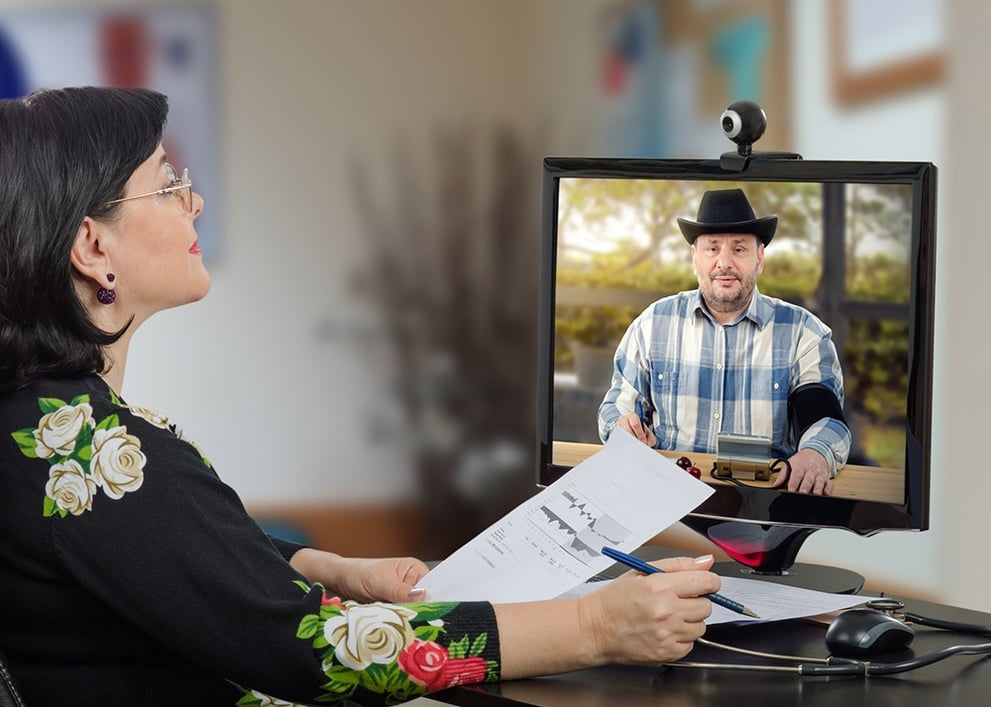
Attracting Doctors to Work in the Country
“There are many wonderful, very capable, well-staffed and well-equipped hospitals and clinics all over rural America,” Slabach says. The challenge is communicating that to the public and new doctors alike.
“Attracting qualified practitioners to a rural community is the real challenge,” he says. This is in part because of false beliefs or stereotypes, he explains, even though “reality is quite different.”
First, physicians may believe if they serve in a rural area they’ll be working in substandard facilities without the necessary equipment needed to do their work. Doctors may also expect their workload to be too heavy.
But many hospitals and clinics in or near rural areas “have worked out on-call coverage so that new physicians don’t have to be on call 7 days a week, 24 hours a day, every day of the year,” Slabach says.
Many physicians coming out of training today have little interest in the business side of a practice. “They don’t want to be doing the billing and having to worry about operating a clinic or business,” Slabach explains. That’s why many communities have responded by connecting a physician to a clinic or hospital, which then oversees the business end of the practice.
Another stereotype practitioners may believe is that they won’t be paid as much as urban counterparts. But Slabach says “compensation is often above the median because of enhanced payment provisions and improved volumes in rural communities.”
Still, attracting healthcare practitioners to a particular location means providing a “recruitable” community. “People who live in rural areas are usually really proud of their community,” Slabach says. Compared to city living, rural residents “have cheaper housing, live lives not nearly as rushed and busy, and the communities are often friendlier.” But, he says, pride shouldn’t blind communities to “gaps” that might deter healthcare recruitment. A possible area of improvement might be enhancing a compensation package, for instance.
Bottom Line: Don't let medical concerns stop you from going rural
Each year, Slabach’s organization recognizes rural health practitioners who are “mission-minded. These dedicated practitioners don’t see boundaries between their lives at home and in the clinic. They are more motivated by need and by helping patients than they are by money.”
In general, Slabach believes people should not be afraid of moving to a rural community because of medical care concerns. He advises people to check online and with people in the area to find out specifics about what’s available. “There are a lot of really delightful communities that have really good healthcare resources,” he says.






